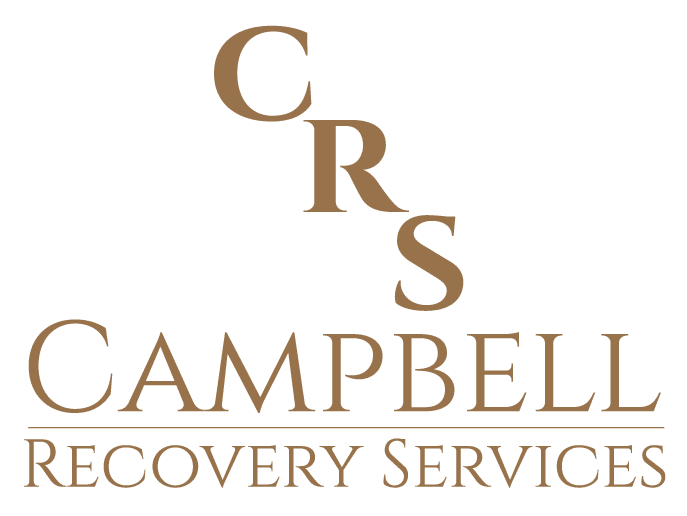The symptoms and signs of alcohol addiction may not always be as obvious as one might think, particularly for high functioning alcoholics. A heavy consumption of alcohol on a regular basis is a good indicator of an addiction. If thinking about that next drink is consuming your thoughts or you struggle physically and mentally when you are not able to drink, these are also signs of an alcohol addiction. Hiding alcohol or keeping your drinking a secret from loved ones is also a good indicator that you have a problem. Over time excessive alcohol abuse can manifest itself in physical problems such as blackouts, pancreatitis, and jaundice.
Heavy Drinking vs. Moderate Drinking
Moderate drinking is considered two drinks per day for men and one drink daily for women. Heavy drinking is classified as men that drink more than three drinks each day and fifteen drinks each week. For women this number heavy drinking is defined as greater than two alcoholic beverages daily and eight in a week. One drink can be 5 ounces of wine, 1.5 ounces of hard liquor, or 12 ounces of beer. Over time this level of heavy drinking can take its toll on your body, as your organs are constantly working overtime to process the alcohol and remove the toxins from the body. Heavy drinking also impairs your cognitive thinking and decision-making. This can lead to participating in more dangerous behaviors than you would otherwise consider.
Physical and Emotional Indicators of a Problem with Alcohol
Whether you suspect that you or a loved one may be suffering from alcohol addiction, a need to always have a drink is a good sign of a problem. Those struggling with alcohol will often show physical or mental distress if they are not able to drink. This is your body’s signs that it has developed a dependency on alcohol, and you are experiencing withdrawal, even with minor side effects. Those that drink in secret or hide the amount of alcohol that they are drinking likely have a problem and should seek treatment. Constantly feeling hungover, experiencing frequent blackouts from drinking, and tremors are also an indication that there is an alcohol addiction.
When alcohol is not available, addicts will often show physical signs of withdrawal. These symptoms can include nausea, anxiety and agitation, insomnia, tremors, hallucinations, and even tremors. A short temper can also be a sign of alcohol withdrawal, followed by elation when the addict is able to drink again.
Seeking Treatment for Alcohol Addiction
There is help for those suffering from alcohol addiction, allowing them to stop drinking and live a happier and healthier life. Through addiction counselingaddiction counseling and treatment programs, those affected by alcohol abuse can learn to live their lives substance free. Treatment for your alcohol addiction can free you from the ties of alcohol, releasing your body and mind from the hold of this addiction. If you or a loved one are suffering from alcohol addiction, it is important to find treatment and begin the road to recovery.





